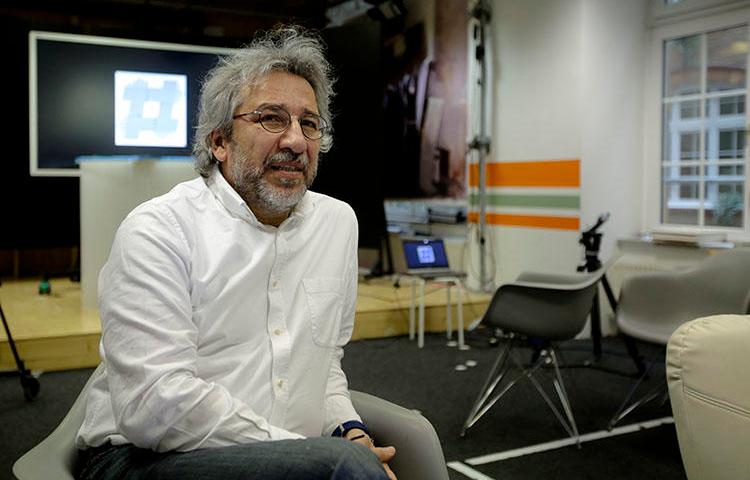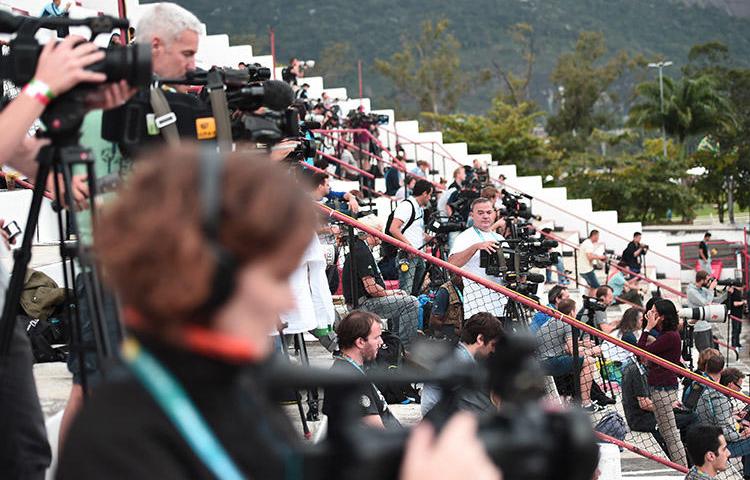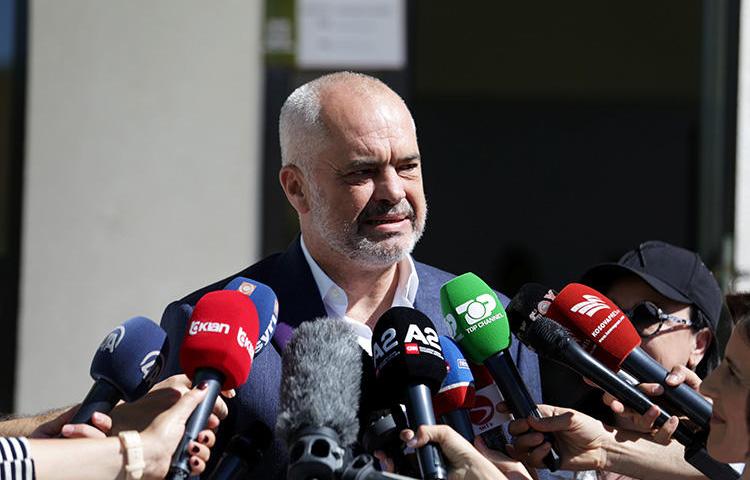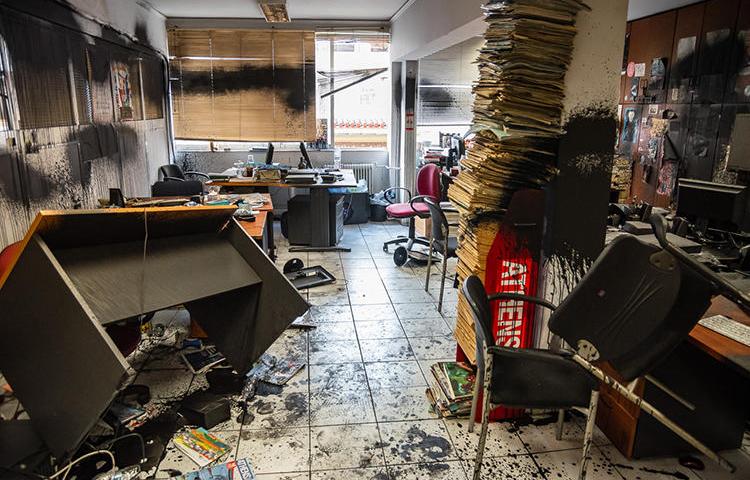CPJ leads call for new European Commission President to prioritize press freedom
CPJ and 19 other organizations write to new European Commission President Ursula von der Leyen and urge her to ensure that media freedom, the protection of journalists, and EU citizens’ access to information are top political priorities during her term.

Turkish court sentences documentary filmmakers to 4 and a half years
Istanbul, July 19, 2019–Documentary filmmakers Ertuğrul Mavioğlu and Çayan Demirel, directors of the 2015 documentary movie “Bakur” (“North”), about the outlawed Kurdistan Workers’ Party (PKK), were sentenced to four years and six months in prison yesterday for “making propaganda for a [terrorist] organization” by a court in the southeastern city of Batman, according to news…

For Turkish journalists in Berlin exile, threats remain, but in different forms
For Can Dündar, sitting in the audience of a theater performance near Dortmund in Germany in May was an emotional moment. In an interview with CPJ, he recalled how during the premiere night, he watched the main actor on stage playing a journalist as he was imprisoned in Turkey, had his house searched, his books…

Tajik authorities harass journalist Humayra Bakhtiyar and family
In July 2019, Humayra Bakhtiyar, a Tajik journalist living in exile who was recently granted asylum in a European Union country, told CPJ in a phone call that Tajik authorities have harassed and intimidated her family over the past several years as retribution for her critical reporting.

‘It should not be accepted as normal’: Female journalists on harassment, intimidation in the Netherlands
The Netherlands is generally considered to have a positive press freedom reputation, but when the independent Dutch Association of Journalists released the findings of its survey of over 350 female journalists in May, over half said they had been subjected to intimidation or violence in their work and around 70 percent said these threats were…

Report by Turkish pro-government think tank criticizes foreign outlets, journalists
On July 5, 2019, Turkey’s Foundation for Political, Economic, and Social Research, an Ankara-based think tank, released a report that described some foreign media outlets operating in Turkey and their correspondents as “anti-government” and “pro-terrorism.”
UK should not deny media access based on propaganda label
CPJ writes to U.K. Foreign Secretary Jeremy Hunt to express concern at his government’s decision to deny accreditation to Russian media outlets RT and Sputnik based on a determination that the outlets are a form of propaganda. The move empowers autocratic governments around the world who use a similar rationale to justify the repression of critical journalism.

Albania’s journalists tread fine line when covering organized crime, politics
The intersection of organized crime, corruption and politics in Albania is impacting the country’s press. During a joint mission by a coalition of press freedom organizations to Tirana in June, CPJ Europe Correspondent Attila Mong spoke with journalists about challenges including threats, attacks, political interference, and legal harassment.

